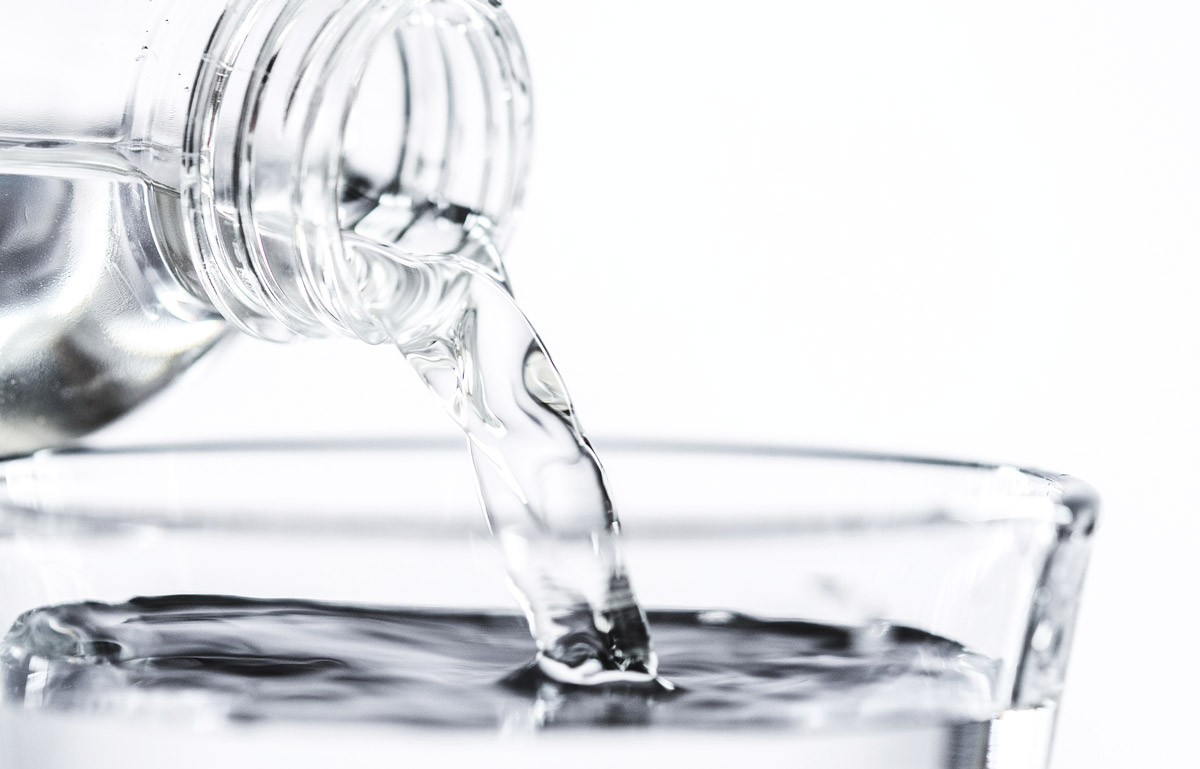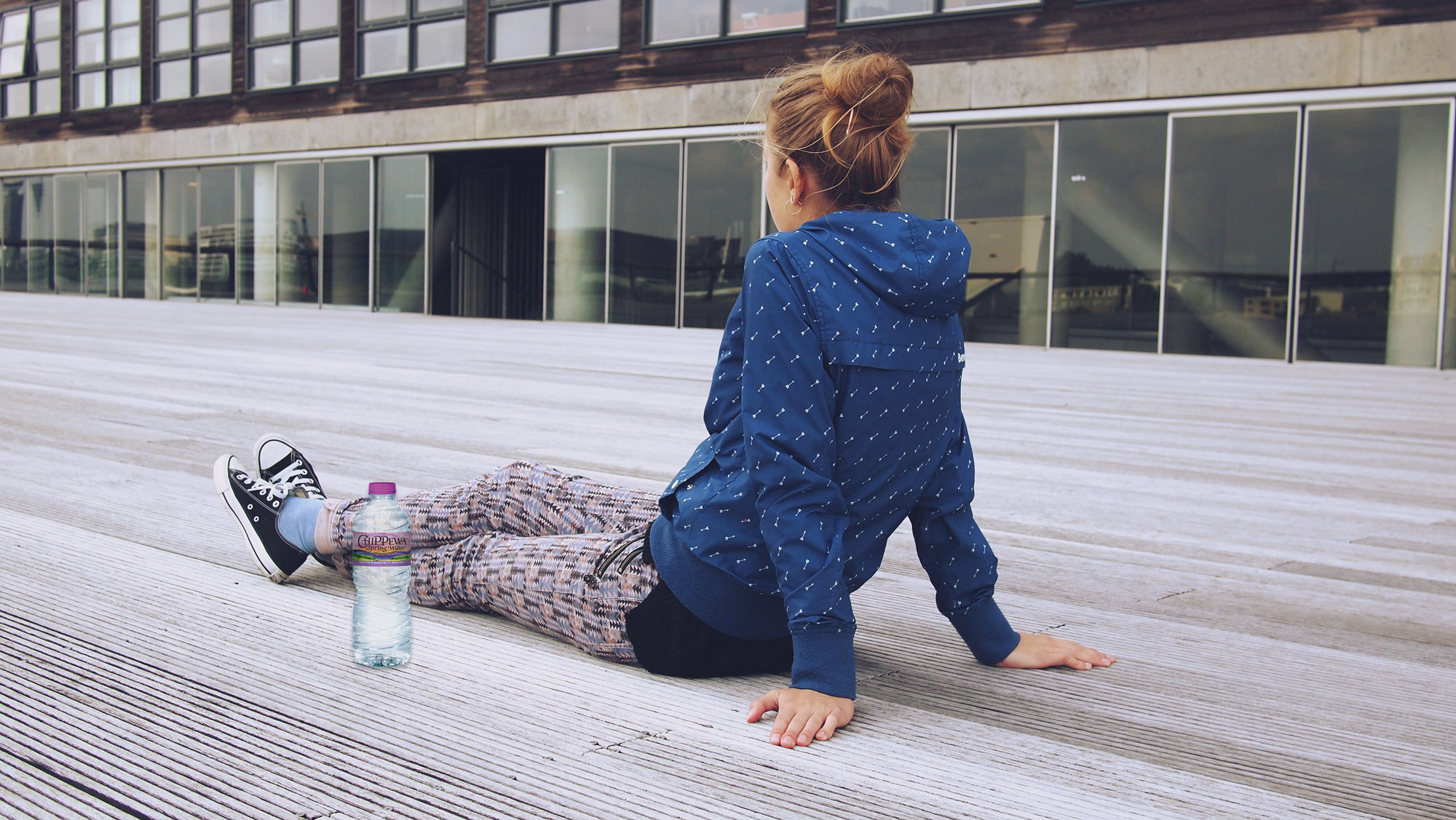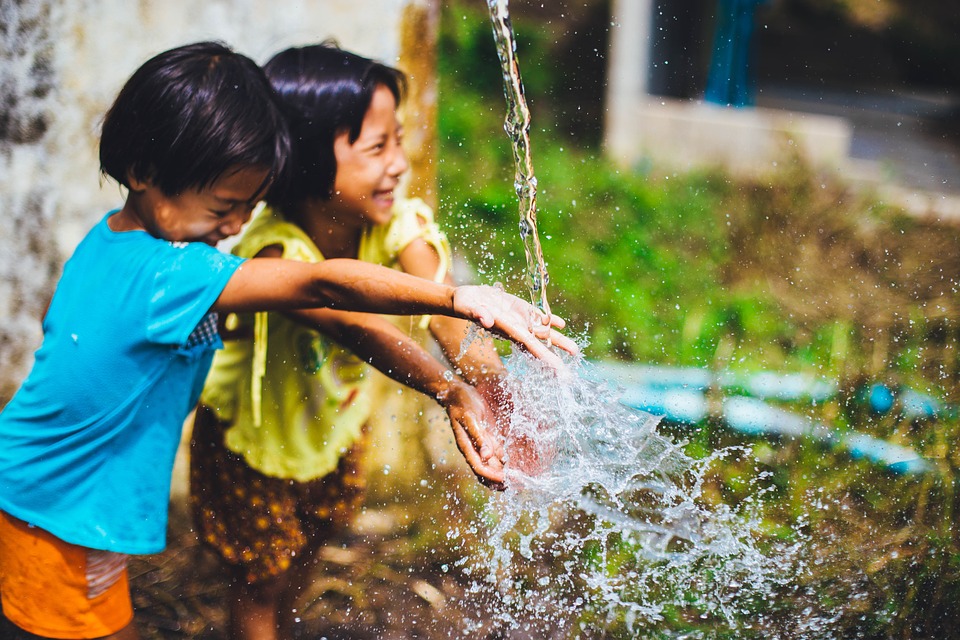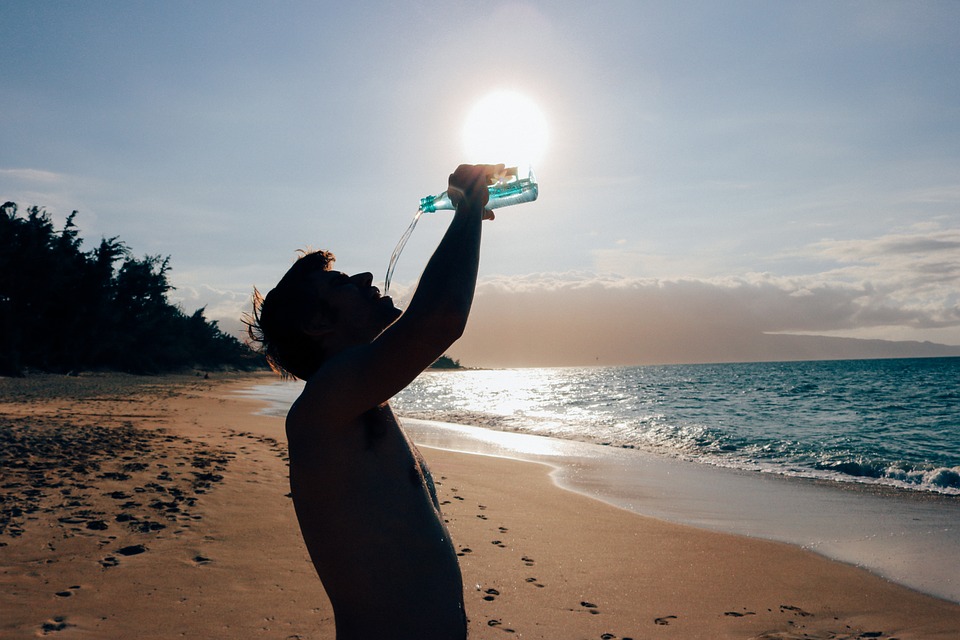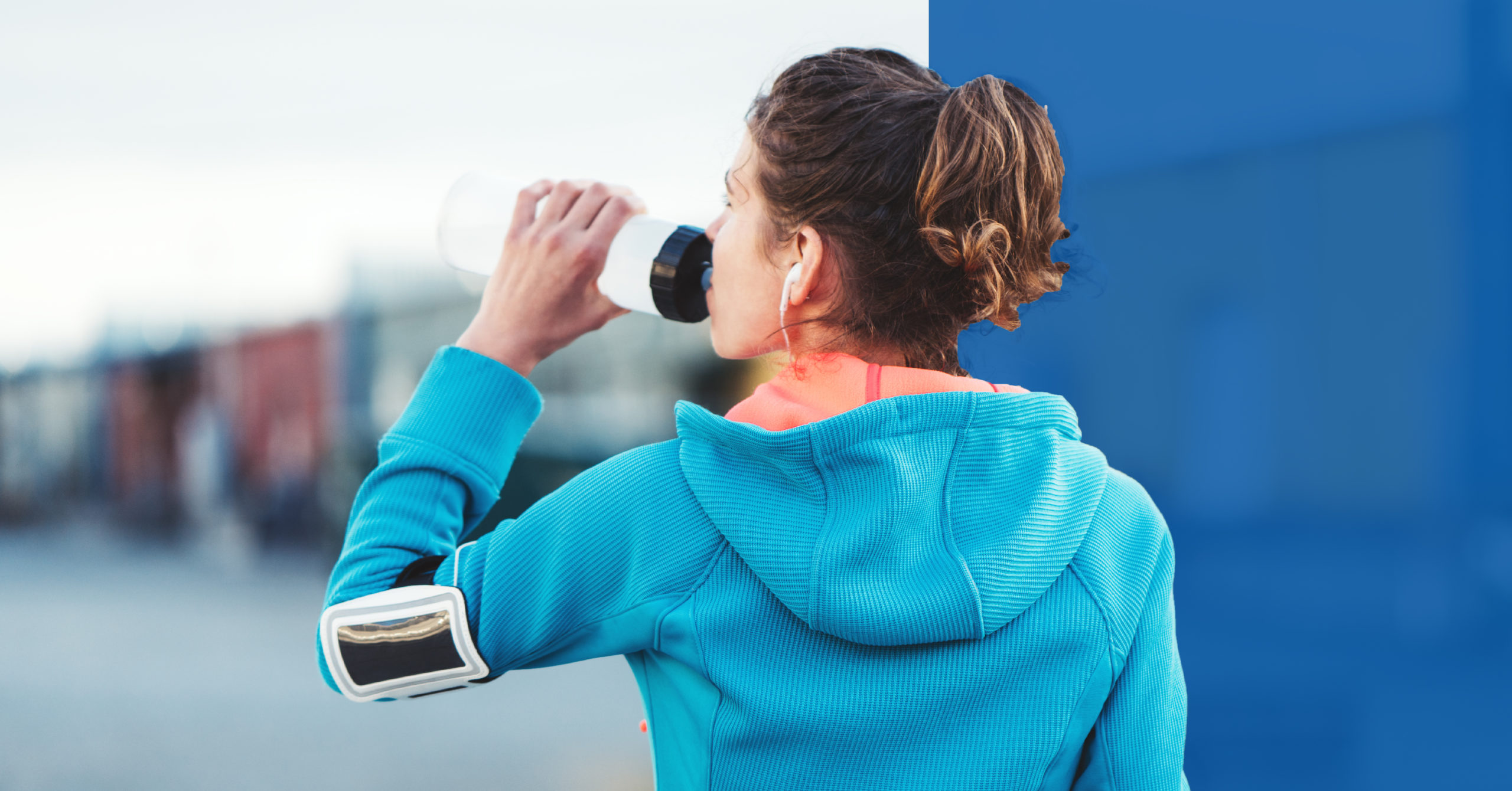
Every new day is another chance to change your life. For many, weight loss is a desirable goal and New Year’s resolution to achieve on their journey of health. Each person is different, and a specific plan to shed some pounds may work for some and not for others. However, staying hydrated with water is important for us all. The best part? The key to losing weight is water! Explore these five different ways that drinking water can help you successfully manage the number on your scale.
Here’s Why the Key to Losing Weight is Water
1. Curb Your Appetite
Have you ever heard that a person may think they’re hungry when they’re actually thirsty? Drinking water before a meal can reduce your appetite since it can take up space in your stomach to feel fuller, which may lead to less calorie intake and eventual weight loss. Drinking a glass of water before reaching for something to eat can help to reduce extra snacking as well. Look no further for an easy and natural way to curb those cravings!
2. Reduce Your Liquid Calorie Intake
Sweetened coffee, juice, soda, sports drinks, and alcoholic beverages are a few examples of the drinks people consume throughout the day that are loaded with calories, compared to water that contains zero calories. We’re not suggesting that you need to strip all of those drinks from your diet, but adding three glasses of water a day to replace some of those high-calorie drinks will go a long way towards helping you lose weight. We also highly suggest providing water with meals for children and young adults. Too many kids drink juice and sodas with their meals, increasing their sugar intake and unnecessary calories.
3. Burn Extra Calories
Several studies have found that drinking water can help you burn more calories. Based on a study published by the National Library of Medicine1, 12 people who drank 500 mL of cold and room temperature water experienced a boost in energy expenditure. They burned between 2% to 3% more calories than usual in the 90 minutes after drinking the water. Water may also temporarily increase the body’s resting energy expenditure—AKA the number of calories burned while relaxing. Drinking ice-cold water is better for burning calories as well since it helps boost your metabolism as your body works harder to warm the water up. Neat, right?
4. Flush Toxins Out of Your Body
Toodle-oo toxins! Drinking water can help your kidneys to filter toxins and waste while this vital organ retains essential nutrients and electrolytes. When your body is dehydrated, the kidneys retain fluid, making it difficult to remove waste as urine or feces. When waste builds up in the body, you may feel bloated, swollen, and tired. Staying hydrated is an effective way to avoid retaining waste, which may add some extra pounds.
5. Elevate Your Workouts
Water and workouts go hand-in-hand. One of the most important aspects of any weight loss plan is exercise. Water not only helps muscles, connective tissues, and joints to move correctly, but it also aids the lungs, heart, and other organs to work effectively during exercise. Being hydrated may also reduce muscle cramps and fatigue. Make sure to always drink water before, during, and after exercise to avoid dehydration, especially in hot, humid, or very sunny conditions.
Scientifically speaking, the relationship between water and weight loss has not been proven. However, there is a significant amount of evidence promoting that the key to losing weight is water via the numerous health benefits that it has on every process in the body. There is no specific amount of water that’s recommended for weight loss, but the National Academies of Sciences, Engineering, and Medicine now recommends 15.5 cups (3.7 liters or 124 ounces) for men and 11.5 cups (2.7 liters or 92 ounces) for women. Premium Waters, Inc. can help you stay hydrated with our vast selection of bottled water, water coolers, filtration systems, and other solutions. Drinking more H2O is just one piece of the weight loss puzzle, but it can kick-start your efforts towards a happy and healthy life!
1M. Girona, E. K. Grasser, A. G. Dulloo, J. P. Montani. “Cardiovascular and metabolic responses to tap water ingestion in young humans: does the water temperature matter?”, Acta Physiologica, Volume 211, Issue 2 (2014): 358–370. https://pubmed.ncbi.nlm.nih.gov/24684853/#affiliation-1
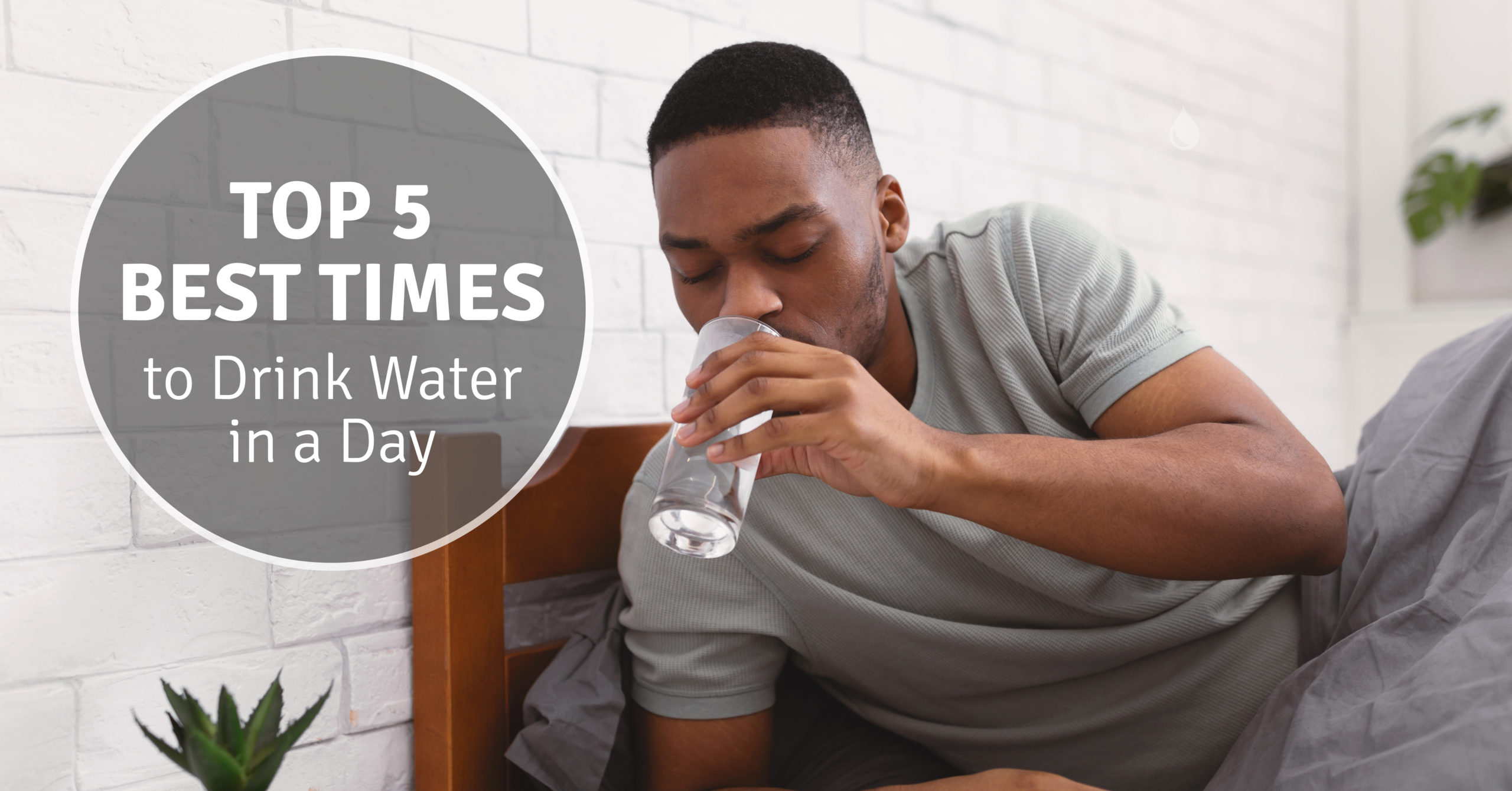

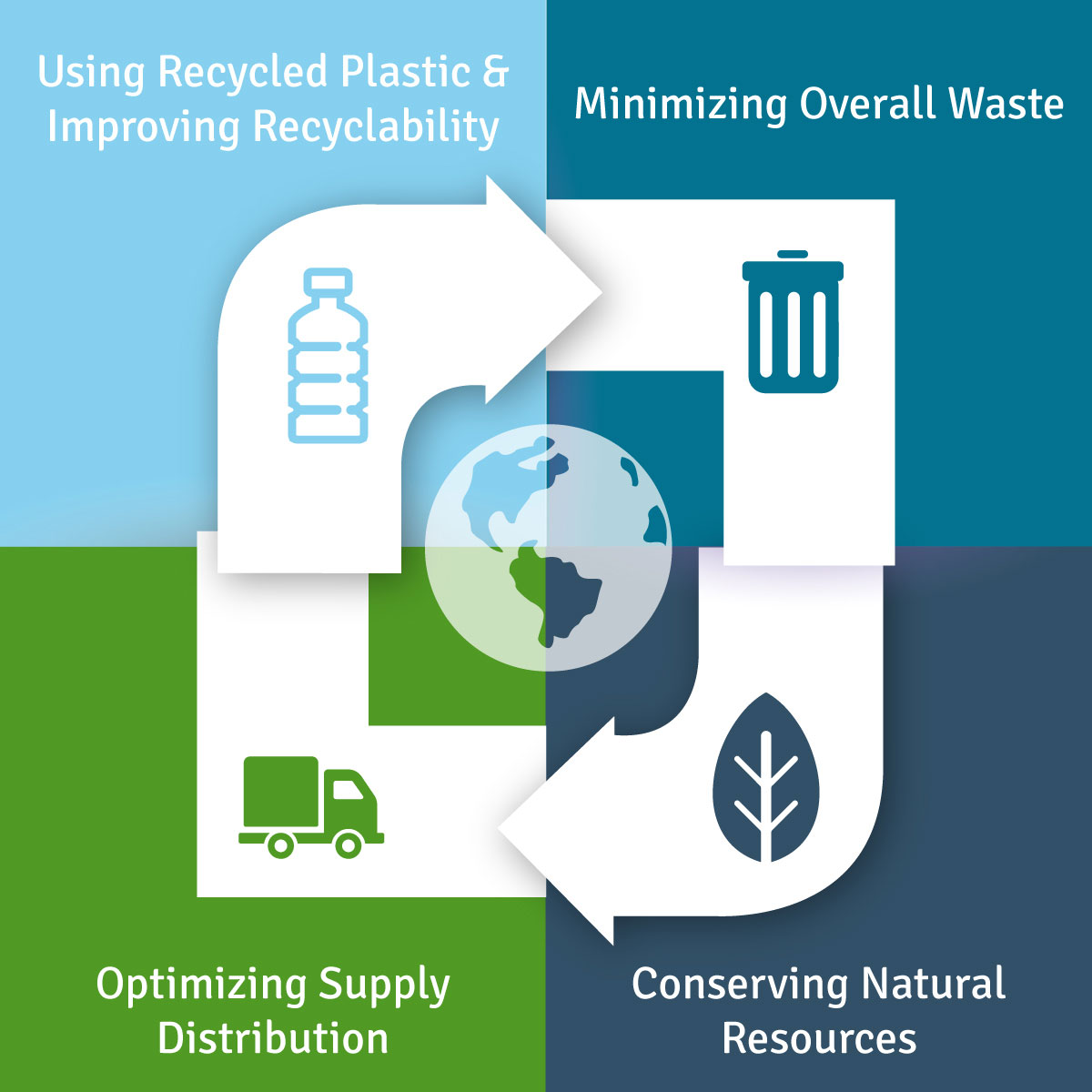
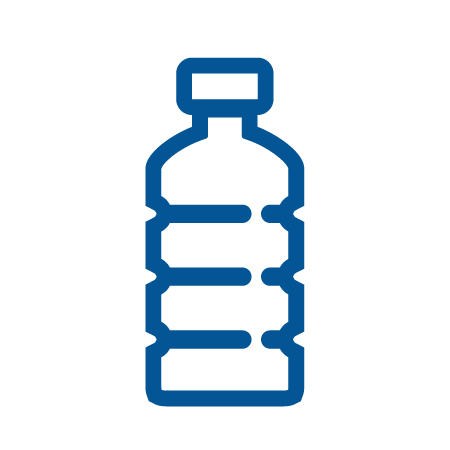

 We’re heading towards going completely paperless for our day-to-day operations. This includes developing and using paperless processes and integrating the use of electronic transactions for customers and vendors, as well as paperless expense reports internally. To take it a step further, we’ve already converted one of our plants to generate and use clean, renewable solar energy via solar panels on the roof and have updated lighting fixtures with LED in other plant locations to maximize energy efficiency.
We’re heading towards going completely paperless for our day-to-day operations. This includes developing and using paperless processes and integrating the use of electronic transactions for customers and vendors, as well as paperless expense reports internally. To take it a step further, we’ve already converted one of our plants to generate and use clean, renewable solar energy via solar panels on the roof and have updated lighting fixtures with LED in other plant locations to maximize energy efficiency. In some cases, we’ll transport product directly to stores versus housing inventory in warehouses and transporting it twice. With additional plant locations, we’re closer to customers, which also enables us to travel less. To reduce the amount of fuel used for “empty miles” during large freight transportation, we utilize backhauls whenever possible, so that the truck is always stocked while on the road.
In some cases, we’ll transport product directly to stores versus housing inventory in warehouses and transporting it twice. With additional plant locations, we’re closer to customers, which also enables us to travel less. To reduce the amount of fuel used for “empty miles” during large freight transportation, we utilize backhauls whenever possible, so that the truck is always stocked while on the road.
